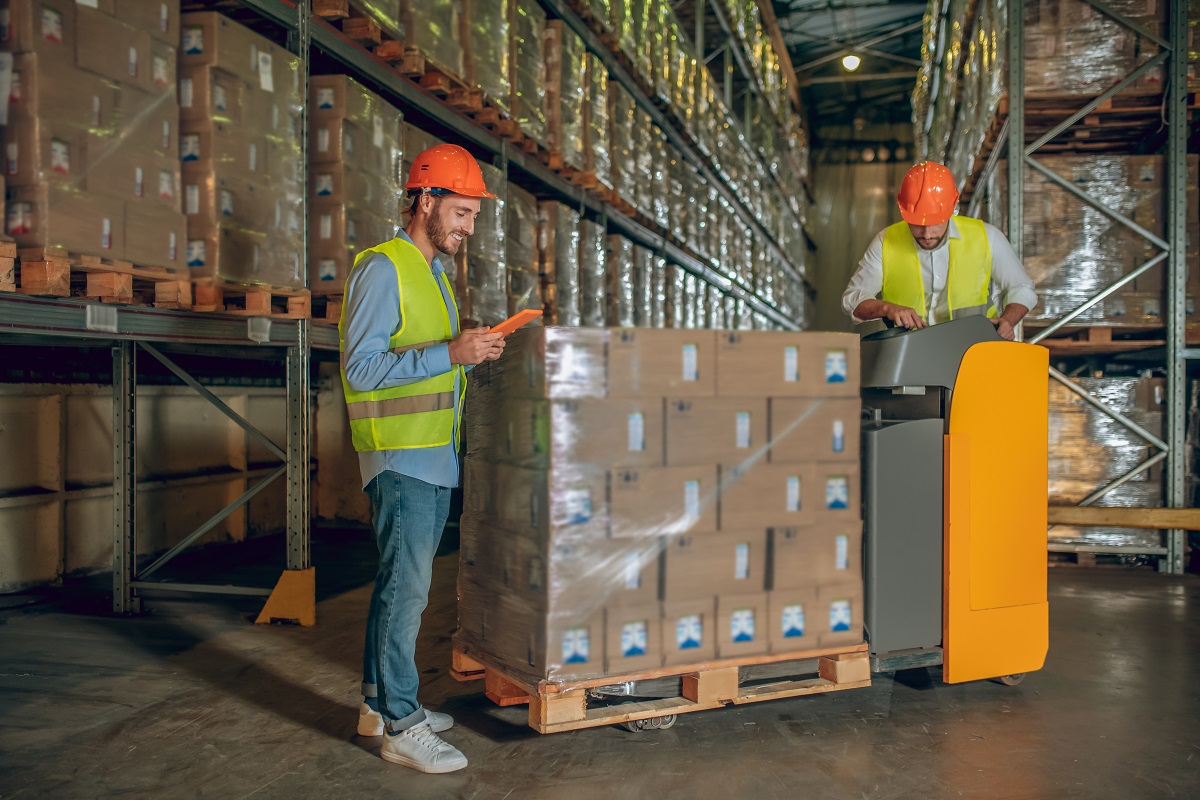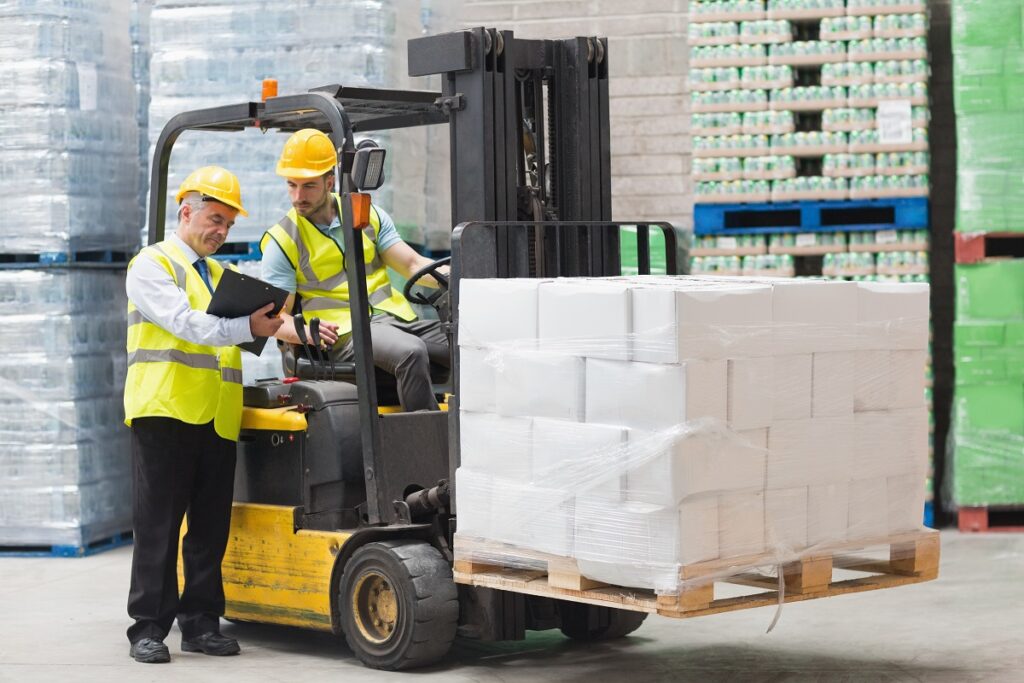- Employee training on warehouse equipment boosts productivity and ensures precise inventory control.
- Safety training mitigates risks, prevents accidents, and protects against costly lawsuits.
- Training promotes employee retention by demonstrating investment in employees’ skills and career development.
- Compliance with local and international regulations is ensured through proper warehouse equipment training.
- Training reduces machinery downtime, resulting in long-term cost savings and increased profitability.
Warehouse equipment is essential for the smooth running of a warehouse. Due to technological advancements, equipment is becoming more complex, requiring more training for employees. Companies must invest in employee training, especially in Singapore, where there is a tight labor market and skilled professionals are hard to come by.
Employee training has always been essential, but it’s increasingly becoming more vital for businesses to invest in training their employees on warehouse equipment. This blog post will take a deeper look at why training your employees on warehouse equipment is essential.
Improved Productivity
Employees become more productive when they are trained on how to use warehouse equipment. For example, operating necessary warehouse equipment like a forklift for moving and storing packages requires appropriate training. A forklift truck must only be operated by a qualified person aware of the relevant safety protocols. When properly trained, employees can operate machinery faster and with precision, leading to more precise inventory control and the ability to meet deadlines.
Training on warehouse equipment could forge an efficient, high-performance team that increases productivity and creates a better working environment. A team that is well-trained can make a significant difference in operational efficiency and cost-effectiveness.

Safety
Safety is paramount when it comes to warehouse equipment. Any kind of machinery can be dangerous, and an untrained employee could cause severe injury to themselves or others without the right skills and knowledge on how to operate them. In-depth training is required to ensure employees safely use the machinery and prevent accidents and hazards. By investing in training, employers can mitigate the risk of accidents leading to costly lawsuits damaging a company’s reputation and morale. Here are some of the vital safety concepts to cover in training:
Personal protective equipment (PPE)
Employees must be trained on the importance of protective equipment like helmets, safety glasses, and gloves. They should also understand the purpose of each piece of PPE and how it helps them stay safe while operating machinery.
Risk assessment
Risk assessment is a key element of warehouse safety. Training should cover identifying potential hazards and operating the equipment safely. From warning signs to safe handling, employees should understand all the risks of using warehouse equipment.
Emergency protocol
In case of an emergency, employees must know what action steps to take. Training should cover safety procedures, such as handling spills or other unexpected events and shutting down machinery in an emergency.
Equipment maintenance
A well-maintained machine is always crucial for safety. Training should cover identifying any potential issues and the reporting and resolution processes. Employees should also receive training on how to inspect equipment before operating it and any other maintenance operations they are responsible for.
Increased Employee Retention Rates
Providing training on warehouse equipment demonstrates to employees they are valued. Employee turnover can be a challenge in any industry, but training reduces the chances of employees leaving to find better opportunities. Employees appreciate growth opportunities and are likelier to stay loyal to a company that invests in them.
In addition, highly skilled and trained employees can become role models for other team members, encouraging retention. Some employees even seek job opportunities requiring training and offer professional development to increase their market value. This type of employee is likelier to stay with an organization that provides training and career development opportunities.

Compliance with Regulations
Different countries, states, and cities have various regulations for warehouse equipment. For example, Singapore has strict rules on warehousing operations, not only to protect workers but also to protect the customer population and the environment. Investing in employee training on warehouse equipment helps organizations stay compliant with these regulations.
Cost savings
Training is expensive, but some costs could be saved over the long term. Untrained employees can cause damage to machinery, leading to downtime. Downtime translates to lost revenues and costly repairs, yet employees could have prevented the damage had they been trained. Investing in training can lead to reduced downtime, less waste, and increased profitability.
The importance of training employees on warehouse equipment cannot be overemphasized. There are various compelling reasons for training employees on the safe and efficient use of warehouse equipment ranging from legal compliance, employee retention, increased productivity, and cost savings. Operating warehouse machinery is a challenging and highly technical task, but employees can easily handle it with proper training. Ultimately, when employers invest in employee training on warehouse equipment, they invest in their company’s success.
